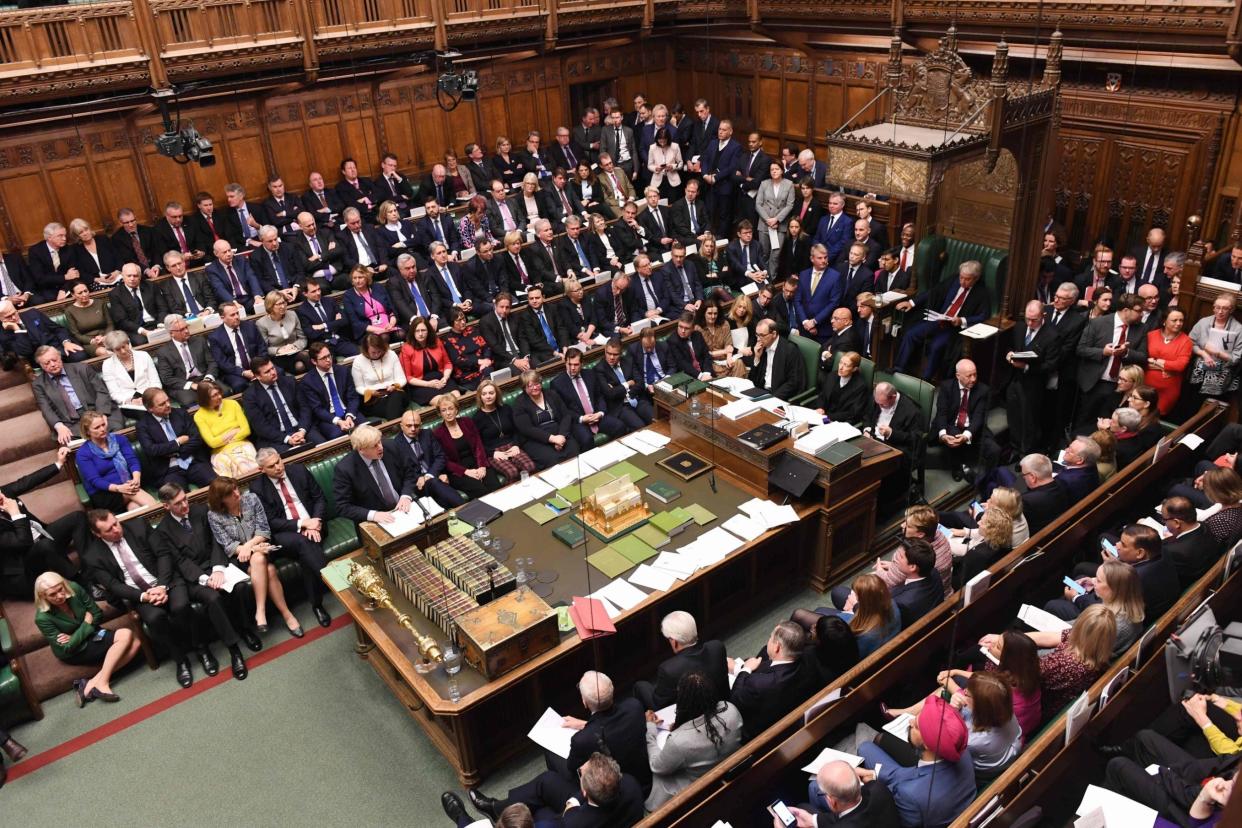What does today’s vote say about the numbers for the Brexit deal?

MPs voted to delay a decision on Boris Johnson’s Brexit deal until after parliament passes the bill to put the deal into law. Today’s vote was passed by a majority of 16, which suggests that the eventual vote in the House of Commons on the Brexit deal could be on a knife edge.
This is because seven former Conservatives, led by Sir Oliver Letwin, and three Labour MPs who voted for today’s amendment, say they would vote for the deal once a no-deal Brexit has been ruled out.
If we assume that all the other votes for today’s amendment were MPs who oppose the Brexit deal, and that all the votes against the amendment were MPs who support it, then if 10 votes change sides, the deal would win.
In fact, the position is more complicated than that, because a handful of MPs who voted against the Letwin amendment won’t vote for the deal and seven MPs did not vote at all, six of them potential supporters of the prime minister’s deal.
If all MPs vote, and they vote as expected, Johnson would have a majority of five for his Brexit deal. I have cross-checked this calculation by looking at the changes since Theresa May lost her final vote on her Brexit deal on 29 March, by a margin of 58 votes.
With the DUP continuing to vote against, Johnson starts his quest for a Brexit majority with the 286 MPs who voted for May’s deal:
+2 tellers (not counted in the totals)
-1 Brecon and Radnorshire (Lib Dem by-election gain)
+28 Tory Eurosceptics who voted against May’s deal
+6 Labour MPs who voted against May’s deal
+1 Jo Johnson (pro-EU who voted against May’s deal)
This adds up to 322, while the votes against add up to 317 – there are 650 MPs, but the speaker and his three deputies, and the seven Sinn Fein MPs do not vote.
Johnson would therefore be left with a majority of five.
The six Labour MPs who voted against May’s deal last time but who are prepared to vote for Johnson’s deal are: Ronnie Campbell, Sarah Champion, Melanie Onn, Ruth Smeeth, Gareth Snell and Graham Stringer. They are additional to the five who voted for May’s deal: Kevin Barron, Rosie Cooper, Jim Fitzpatrick, Caroline Flint and John Mann.
There are many MPs whose votes are uncertain or undecided. Ivan Lewis and John Woodcock (both ex-Labour) voted against the Letwin amendment today, although they voted against May’s deal in March. Dennis Skinner (Labour) and Kelvin Hopkins (ex-Labour) did not vote in March, and Hopkins voted against Letwin today.
Then it is possible that Johnson could lose the votes of some of those who voted for May’s deal. Sylvia Hermon, the independent unionist, expressed her unhappiness with the deal today and the prime minister sought to reassure her. Similarly, Philip Hammond, Amber Rudd, and other former ministers under May, have criticised the deal and could end up voting against it if they don’t obtain the safeguards they seek in the legislation.

